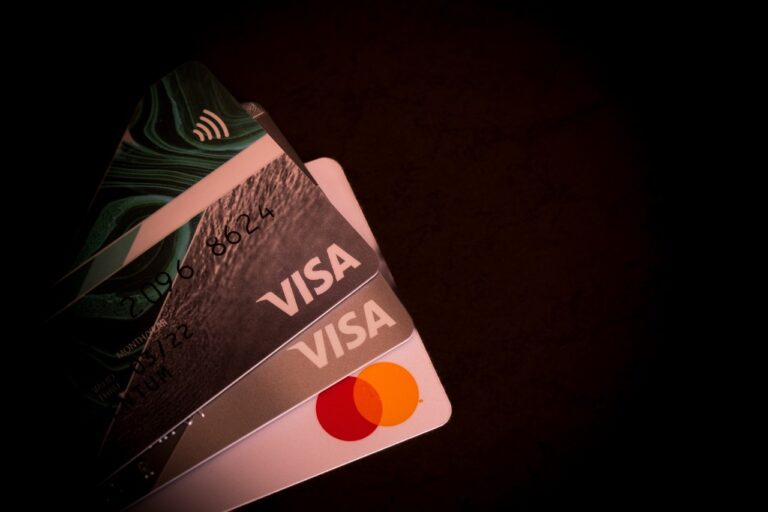How to Treat and Prevent Ingrown Hairs
silverexch com, goldenexch create account, betbook247 com login:Ingrown hairs are a common skin issue that can be irritating and sometimes painful. Whether you shave, wax, or use other methods to remove hair, ingrown hairs can be a pesky problem. Fortunately, there are ways to treat and prevent ingrown hairs to keep your skin smooth and bump-free.
Understanding Ingrown Hairs
Ingrown hairs occur when hair grows back into the skin instead of growing out of the hair follicle. This can lead to redness, inflammation, and even infection. Ingrown hairs are most common in areas where hair is frequently removed, such as the legs, bikini area, and underarms. They can also occur on the face, particularly in men who shave regularly.
Causes of Ingrown Hairs
There are several factors that can contribute to the development of ingrown hairs. These include:
1. Curly or coarse hair that is more likely to bend back into the skin.
2. Improper hair removal techniques, such as shaving against the grain or using dull razors.
3. Tight clothing that rubs against the skin and traps hair.
4. Excessive sweating that can clog hair follicles.
5. Skin that is dry or inflamed, making it easier for hair to become trapped.
Treating Ingrown Hairs
If you already have ingrown hairs, there are ways to treat them to alleviate discomfort and reduce inflammation. Here are some tips for treating ingrown hairs:
1. Exfoliate the skin regularly to help release trapped hair. Use a gentle scrub or a loofah to gently buff away dead skin cells.
2. Apply a warm compress to the affected area to help soften the skin and reduce inflammation.
3. Avoid picking or squeezing ingrown hairs, as this can lead to infection and scarring.
4. Use over-the-counter treatments containing salicylic acid or benzoyl peroxide to help reduce inflammation.
5. See a dermatologist if ingrown hairs are persistent or if they become infected. A dermatologist can provide professional treatment to help alleviate symptoms.
Preventing Ingrown Hairs
Prevention is key when it comes to ingrown hairs. By taking proper care of your skin and using the right hair removal techniques, you can reduce your risk of developing ingrown hairs. Here are some tips for preventing ingrown hairs:
1. Shave in the direction of hair growth to reduce irritation and the risk of hairs becoming trapped.
2. Use a sharp razor and change it regularly to prevent nicks and cuts that can lead to ingrown hairs.
3. Avoid wearing tight clothing that can rub against the skin and trap hair follicles.
4. Keep your skin moisturized to prevent dryness and inflammation that can contribute to ingrown hairs.
5. Consider alternative hair removal methods, such as waxing or using depilatory creams, which can help reduce the risk of ingrown hairs.
By following these tips, you can help prevent ingrown hairs and keep your skin smooth and bump-free. Remember to always take care of your skin and consult a dermatologist if you have persistent ingrown hairs or if you experience severe symptoms.
FAQs
Q: Can ingrown hairs go away on their own?
A: In some cases, ingrown hairs may resolve on their own. However, it is best to treat them to prevent infection and scarring.
Q: How long does it take for an ingrown hair to heal?
A: The healing time for an ingrown hair can vary depending on the severity of the issue. In general, it can take a few days to a few weeks for an ingrown hair to heal completely.
Q: Is it safe to extract an ingrown hair at home?
A: It is not recommended to extract ingrown hairs at home, as this can lead to infection and scarring. It is best to seek professional treatment from a dermatologist.
Q: Can certain skin types be more prone to ingrown hairs?
A: Yes, certain skin types, such as those with curly or coarse hair, may be more prone to ingrown hairs. Taking proper care of the skin and using the right hair removal techniques can help reduce the risk.
In conclusion, ingrown hairs can be a frustrating problem, but with the right treatment and prevention strategies, you can keep your skin smooth and healthy. Remember to take care of your skin, use proper hair removal techniques, and seek professional help if needed to keep ingrown hairs at bay.







